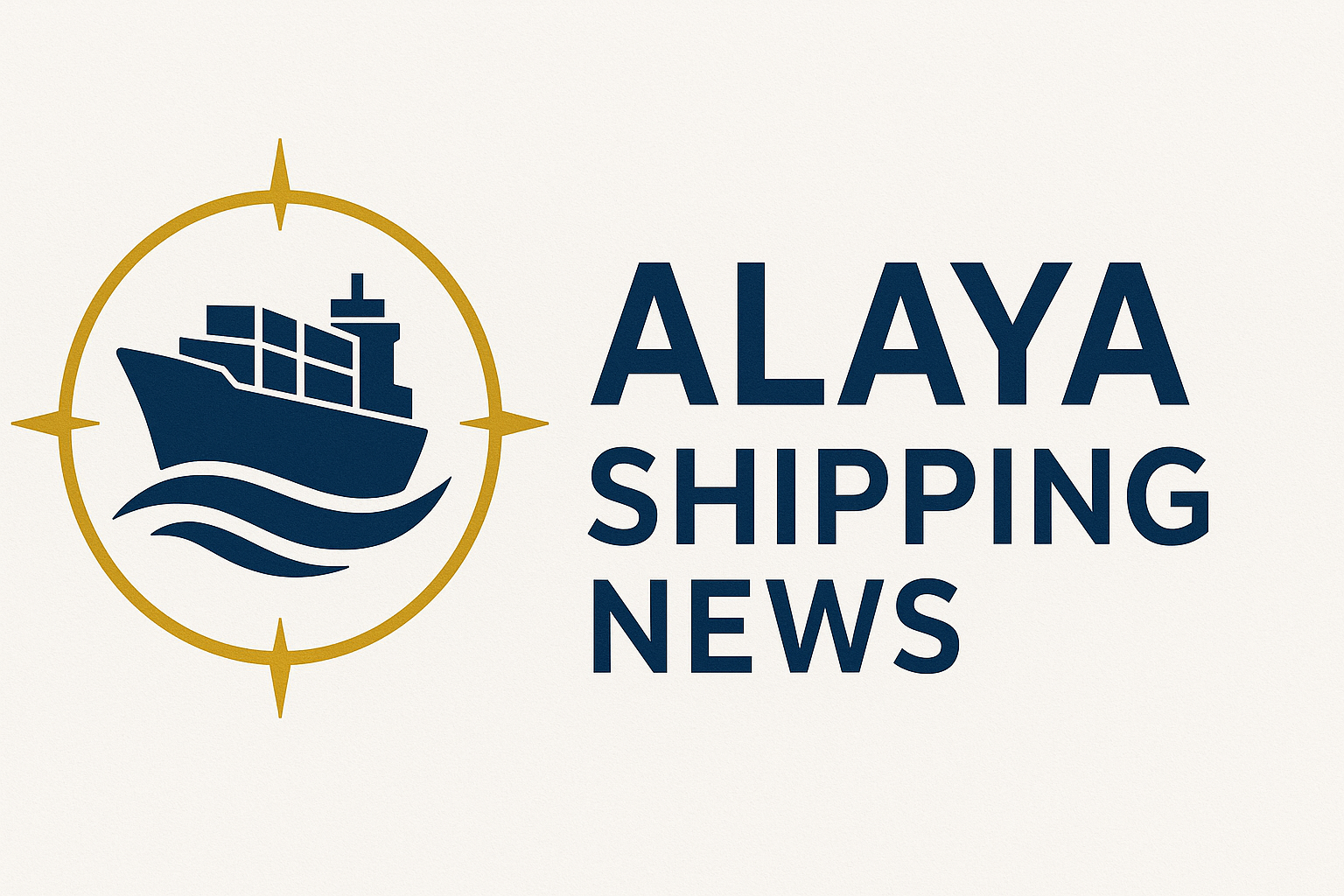*Published: 2025-08-19 18:17 (Europe/Oslo)*
**Grief at Sea: An Overlooked Crisis in Maritime Operations**
In the vast, unforgiving expanse of the world’s oceans, the emotional well-being of seafarers often goes unnoticed. Yet, the mental health of these individuals is as critical as the mechanical integrity of the vessels they operate. Recent incidents and regulatory actions highlight the urgent need to address grief and mental health issues aboard ships. This focus is not just a matter of human decency but a crucial component of maritime safety and operational efficiency.
**The Human Cost of Maritime Operations**
Seafaring is an inherently isolating profession, with workers spending extended periods away from their families and support networks. According to Splash247, the emotional toll of this isolation is compounded by the high-stress environment of maritime operations, where the stakes are often life and death. The mental health of seafarers is further strained by the constant pressure to meet tight schedules and the looming threat of piracy in certain regions.
Grief at sea can arise from various sources, including the loss of colleagues, family members back home, or even the cumulative stress of prolonged isolation. The maritime industry, traditionally focused on physical safety and mechanical reliability, has been slow to recognize the importance of mental health. However, the consequences of neglecting this aspect can be dire, leading to decreased productivity, increased accidents, and in extreme cases, tragic incidents of self-harm.
**Regulatory Oversight and Safety Concerns**
The recent shutdown of an Equinor floating production storage and offloading (FPSO) unit by Brazilian authorities underscores the broader safety concerns within the industry. As reported by Splash247, the shutdown was due to safety issues, which are often interlinked with the mental well-being of the crew. A stressed or grieving crew is more likely to make errors, potentially leading to catastrophic failures.
Regulatory bodies are beginning to acknowledge the importance of mental health in maintaining safety standards. However, enforcement remains inconsistent, and many companies still view mental health initiatives as optional rather than essential. The Equinor incident serves as a stark reminder that safety regulations must encompass both physical and mental health considerations to be truly effective.
**Fleet Movements and Operational Pressures**
The global maritime fleet is under constant pressure to optimize operations and reduce costs. This drive for efficiency often translates into longer voyages and shorter turnaround times, exacerbating the stress on crew members. According to industry analyses, the push for operational efficiency can lead to a neglect of crew welfare, as companies prioritize profit margins over the well-being of their employees.
The mental health of seafarers is not just a humanitarian issue but also a business concern. A mentally healthy crew is more productive, less prone to errors, and better able to handle the demands of modern maritime operations. Companies that invest in mental health support for their crews are likely to see improved performance and reduced turnover, ultimately benefiting their bottom line.
**Geopolitical Tensions and Supply Chain Implications**
Geopolitical tensions and supply chain disruptions add another layer of stress for seafarers. The maritime industry is heavily influenced by global political dynamics, with trade routes often passing through politically unstable regions. The threat of piracy, territorial disputes, and trade wars can create an environment of uncertainty and anxiety for crews.
These geopolitical factors can exacerbate feelings of grief and isolation, as seafarers are caught in the crossfire of international conflicts. The mental health of crew members is thus directly linked to the stability of global supply chains. Ensuring the emotional well-being of seafarers is not only a moral obligation but also a strategic necessity for maintaining the flow of goods across the world.
**Conclusion: Navigating the Future of Maritime Mental Health**
The maritime industry stands at a crossroads, with the potential to either address the mental health crisis at sea or continue to overlook it at its peril. In a base scenario, increased awareness and regulatory pressure could lead to improved mental health support for seafarers, enhancing safety and operational efficiency. A bullish scenario would see the industry embracing comprehensive mental health programs, resulting in a healthier, more resilient workforce and a stronger global supply chain. Conversely, a bearish scenario would involve continued neglect, leading to higher accident rates, decreased productivity, and potential regulatory crackdowns.
Ultimately, the well-being of seafarers is not just a matter of compassion but a critical factor in the sustainable operation of the maritime industry. Addressing grief and mental health at sea is essential for ensuring the safety and efficiency of one of the world’s most vital sectors.
—
**Sources (selection):**
– https://splash247.com/why-grief-at-sea-needs-to-be-taken-seriously/
– https://splash247.com/brazilian-authorities-shut-down-equinor-fpso-over-safety-issues/
